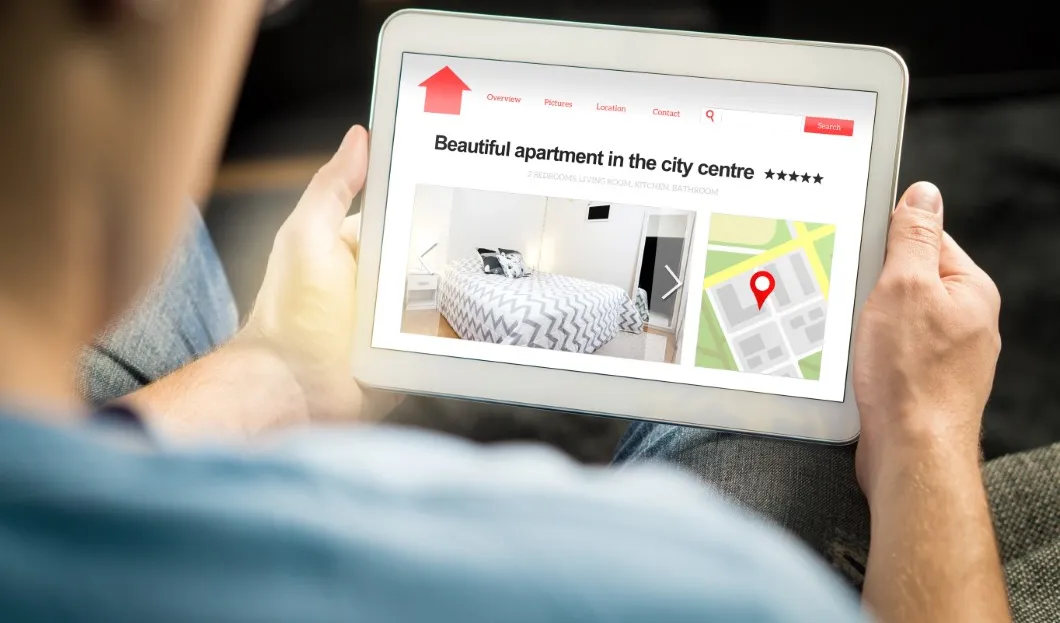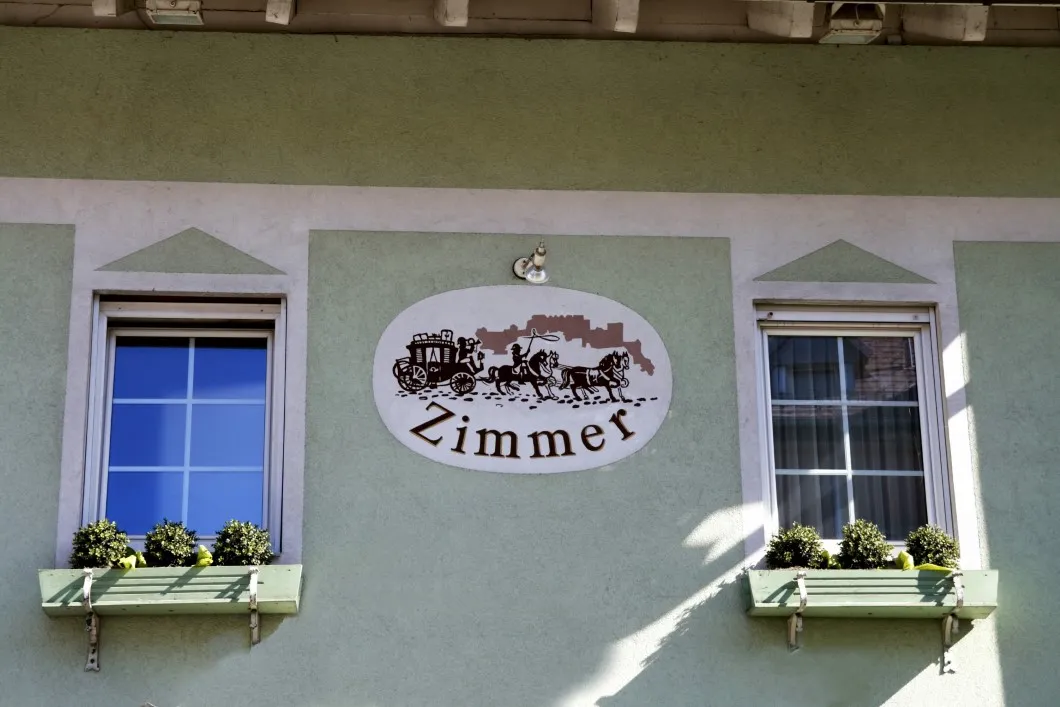
Apartments, campgrounds and Airbnb accommodation are booming, while the share of classic hotels is declining in Switzerland. Paradoxically, however, Swiss hotels are doing well. In the winter season they registered the best result in the last 10 years. And in 2018, thanks to an increase of 3.8% over the previous year, they even set a new record with a total of 39 million overnight stays.
However, hotels have long lost their monopoly when it comes to offering visitors accommodation. Alternative offer, the non-hotel accommodation, is growing stronger. Last year, commercially used holiday apartments, campgrounds and collective accommodation such as youth hostels or mountain huts recorded 16 million overnight stays. This is 4.2% more than in 2017, according to official data.
This accommodation is responsible for 30% of all overnight stays in Switzerland. If you include the three million overnight stays on Airbnb, which are not included in the statistics, it is almost 34%. This means that more than every third night is no longer booked in a classic hotel.
This share should continue to rise in the coming years. Because the online housing broker Airbnb is growing rapidly in Switzerland. In the last three years, the number of accommodations has doubled and that of guests almost tripled.
Especially foreign tourists book through the platform. In 2018, they made up four-fifths of Airbnb guests. Meanwhile, the opposite can be said for the non-hotel accommodation: more than two-thirds of the overnight stays are booked by locals. Especially in youth hostels, mountain huts (81%) and campsites (67%), Swiss people represent the majority.
However, Airbnb and the other alternatives have one thing in common: they can hold their guests much longer than classic hotels. In apartments, the average length of stay is 6.6 nights, in Airbnb accommodations 3.4 nights. Hotels are booked on average for two nights only.
This is one of the reasons why offers away from classic hotels now account for a third of all overnight stays in the country. Counting only the number of guests, their share is smaller but still considerable: 22.1% of tourists checked in last year in an Airbnb accommodation, an apartment, a collective accommodation or a campsite. More than one in five stayed at a hotel.
And this share will increase as well. Not only the growth of Airbnb but also that of the other alternative forms of accommodation. In the future, Swiss hotels will not only see growing competition from newer offers such as Airbnb but also more from alternative paraphernalia that has been around for some time. Compared to hotels, these often have a decisive advantage: they are significantly cheaper.
With this trend, however, unrest among the locals is rising. More and more apartments in the city centers are being rented to tourists only. For example, in Zurich in District 5, eleven out of twelve viaduct apartments were taken over by Punkfunk GmbH and are now rentable for 430 francs per night per 4-room apartment. Full-time tenants are complaining about unrest and traffic in the neighborhood.

But the administration and the city council see the activities in the 5th district as not problematic. The business idea is convincing for the city and the operator of the viaduct apartments is also satisfied and thus wants to include even more apartments in the model.
Many locals are calling for urgent action on this issue. “We have new owners who smell a business, houses are bought at partly or completely translated prices. Of course, the owners are trying to get as high a return as possible. A license must be introduced,” said Walter Angst, the Head of Communications at the Zurich Tenants’ Association.










